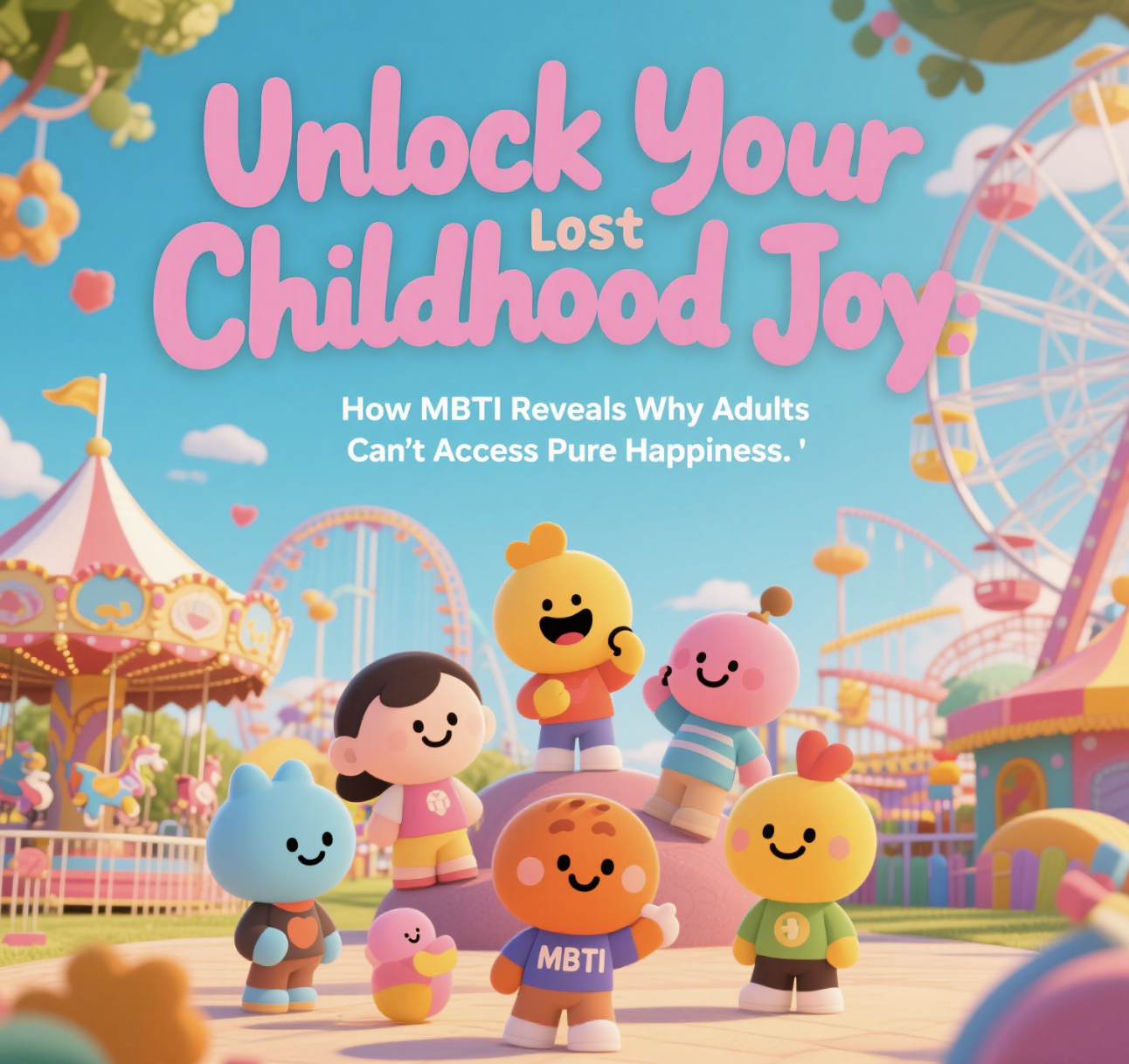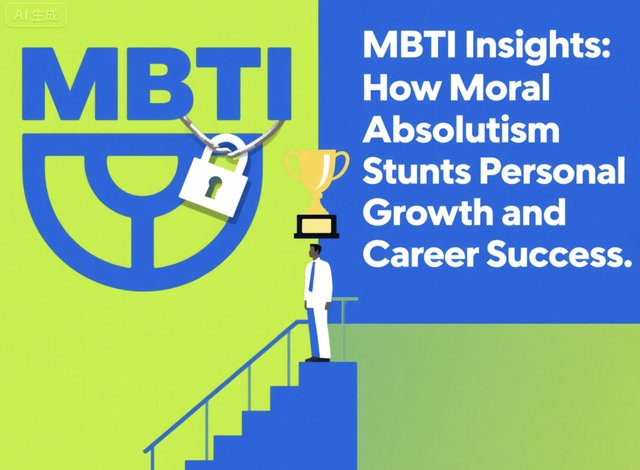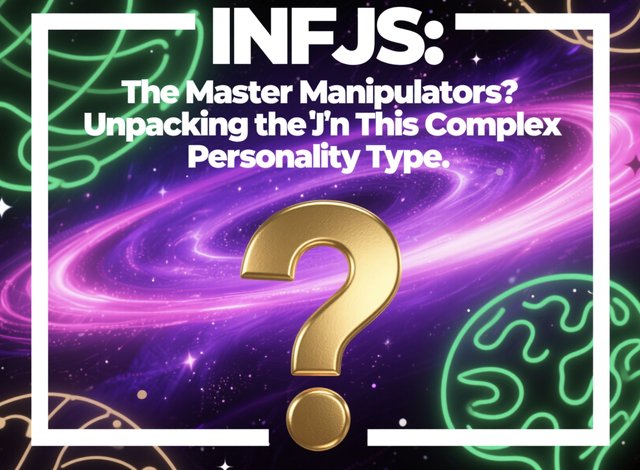Unlock Your Lost Childhood Joy: How MBTI Reveals Why Adults Can’t Access Pure Happiness

The vivid display of unfiltered joy during Children’s Day celebrations offers more than sentimental nostalgia – it reveals a profound psychological truth about human potential for fulfillment. As adults scroll through images of children painting, climbing, or performing with radiant authenticity, we instinctively recognize a quality increasingly foreign to our own lived experience. This contrast between childhood exuberance and adult restraint isn’t merely about age; it’s a roadmap to understanding how Personality Development shapes – and often restricts – our capacity for genuine satisfaction, particularly in professional environments.
Children demonstrate a remarkable emotional transparency. Their happiness emanates from an unselfconscious core, unmediated by social filters or strategic calculation. When a child declares “I love this!” or “I hate that!”, the expression flows from immediate sensory or emotional experience. Developmental psychologists identify this as primary process thinking – the raw, uncensored engagement with the present moment. Adults, conversely, operate predominantly in secondary process thinking, where emotions are processed through layers of social conditioning, risk assessment, and self-monitoring. The resulting “happiness” often resembles architectural lighting on a corporate tower: technically impressive, externally visible, but fundamentally disconnected from the building’s structural reality. We master the mechanics of smiling – activating zygomatic muscles while keeping orbicularis oculi muscles still – creating convincing yet emotionally hollow displays. This performance isn’t malice; it’s the inevitable cost of social adaptation.
The MBTI Lens: Where Personality Development Meets Emotional Suppression
From a Myers-Briggs perspective, this transition from authenticity to performativity reflects the complex maturation of cognitive functions. Children lead with their dominant perceiving function (Sensing or Intuition), experiencing the world directly. As we mature, auxiliary Judging functions (Thinking or Feeling) develop to help navigate social structures. While essential for adult functioning, this development often overcorrects. Consider:
- Extraverted Feeling (Fe) types may prioritize group harmony over personal truth, reframing “I dislike this” as diplomatic silence.
- Introverted Thinking (Ti) users might intellectualize emotions into abstraction (“This situation is inefficient” rather than “I’m frustrated”).
- Judging (J) types become adept at substituting genuine reactions with socially approved scripts.
The moment a child stops saying “I want ice cream” and instead asks “What’s that?” marks not just linguistic development, but the activation of these adaptive cognitive filters. We learn to cloak desires in implication (“Your presentation was… ambitious”), mask dissent in false consensus (“I agree, but have we considered…”), and disguise needs as offers (“Would you like to see my cat?”). While socially useful, this linguistic indirection exacts a heavy toll: emotional disconnection. The Career Consequence: When Professionalism Kills Passion
Nowhere is this loss of authenticity more damaging than in career contexts. Consider the following workplace patterns rooted in suppressed self-expression: - The Burnout Spiral: High Fe-users in caregiving professions (Healthcare, Education) who chronically submerge their needs for others’ approval.
- The Innovator’s Block: Intuitive-Perceiving types (ENFP, INTP) constrained by rigid corporate structures, muting their creative instincts.
- The Compliance Trap: Sensing-Judging types (ISTJ, ESFJ) adhering to outdated processes despite recognizing their inefficiency.
Research confirms the cost: A Journal of Vocational Behavior study linked emotional inauthenticity at work to 34% higher burnout rates and 27% lower job satisfaction. Authenticity isn’t emotional indulgence – it’s the psychological bedrock of sustainable performance. Reclaiming Your Authentic Voice: 4 Strategies Informed by Personality Science
Recovering childlike joy doesn’t mean abandoning adult complexity. It requires reintegrating authenticity into our cognitive toolkit:
- Function Fluency Audit: Identify your MBTI type’s dominant/auxiliary functions. Are you overusing your Judging function (Te/Fe) as a emotional dam? ISTJs might schedule “intuition breaks” for unstructured brainstorming; ENFJs could practice solitary activities without considering others’ expectations.
- Permission-Based Communication: Replace indirect language with ownership phrases. Swap “This might be stupid but…” with “I propose…”, or “Would you hate to…?” with “I need…”. This activates psychological self-validation circuits.
- Sensory Grounding: Counteract abstracted adult cognition with deliberate Sensing (S) engagement. Spend 10 minutes daily mimicking childhood sensory immersion – fully tasting food, noticing textures, or observing colors without labeling. This rebuilds present-moment awareness.
- Values-Aligned Role Crafting: Audit your career against core personality needs. An INFP stifled in data analysis might transition to UX research, channeling empathy into user interviews. ESTPs in restrictive office roles might pivot to field-based project management.
The child’s radiant joy isn’t an inaccessible memory – it’s evidence of a psychological operating system we still possess but have learned to override. By understanding how our MBTI type navigates the tension between authenticity and adaptation, we gain practical tools to reintegrate wholeness. The path forward isn’t regression to childhood, but evolution toward what humanistic psychologists call the “integrated adult” – one who wields sophisticated cognitive functions without sacrificing the emotional transparency that makes work meaningful and life vibrant. At ProMbti, we’ve witnessed professionals transform careers not by changing personalities, but by courageously applying their type’s strengths toward greater authenticity. Your most fulfilling work awaits where your expertise meets your unedited joy.




